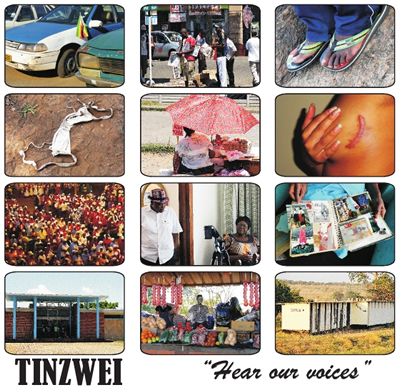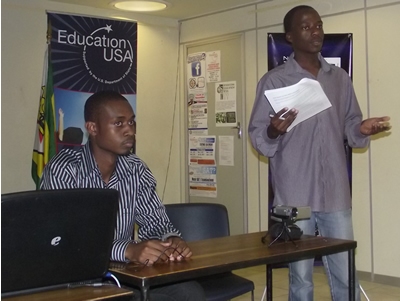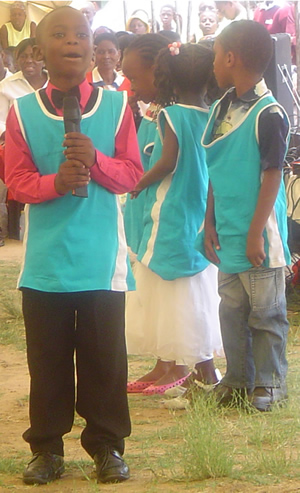16 Days of Activism: gender and the budget
Thursday, December 1st, 2011 by Varaidzo TagwireyiWomen’s issues have a long way to go in Zimbabwe, especially Gender Based Violence, but how much progress can be made when we continue to receive such meagre budget allocations? The article below explores the poor allocation to the Women’s revolving fund, and resultant impact of GBV on the 2012 budget as a whole. Have a read:
Finance Minister Tendai Biti announced the $4 Billion 2012 National Budget on Thursday, but made a serious omission when he mentioned foreign travel as unnecessarily gobbling public resources at the expense of other pressing national needs. Gender based violence is as much a ‘cancer in the management of public resources’ as multiple foreign trips are.
Whilst the 2012 budget makes mention of women-specific issues which treasury intends to address, the cost of GBV weighs heavily on the health and home affairs expenditures. Despite women’s contributions to their families, communities and country’s economy, they reap very little in terms of revenue. Worst still, they are subjected to all forms of GBV.
The Multiple Indicator Monitoring Survey of 2009 indicated that in Mashonaland Central Province some women were beaten up for simple mistakes like burning a pot of sadza, failing to look after children, refusing to have sex, going out without telling their husbands and arguing with husbands.
Police attended to 1940 cases in 2008, increasing to 3193 in 2009, then skyrocketing to 7628 in 2010. Between January and March this year, 2 536 cases have already been reported to police – a high number compared to last year during the same period. The majority of cases brought to the attention of police are those of physical violence, but sadly most of the cases are withdrawn before going to court or in court.The courts have also been laden with GBV cases. Some women have lost their lives, leaving behind children as young as two months old. Some cases have gone unreported, while others have been swept under the carpet, with the victims suffering in silence.
Finance Minister Biti’s statement overlooked the need to put in place measures to stop the loss of revenue caused by GBV. If domestic violence is not curbed, then treasury will have to fork out more and more resources towards the implementation of the Domestic Violence Act. This will mean ensuring that police posts are adequately staffed and resourced in order to attend to the numerous GBV reports.
Perpetrators of GBV should consider the amount of tax payer’s money that is lost through the court processes, and how much money is spent to convene a full court session, paperwork, prosecutor and judge to preside over the case.
The 2012 budget allocation towards health care and maternal health care will have to cover the many cases of forced pregnancies, rape victims and physical and mental abuse. Meanwhile, families are losing money in medical bills, litigation and counselling. Other economic losses to the nation include the loss of productive time as victims nurse injuries.
Reducing the costs of GBV on the national fiscus could unlock resources for other gender equality and equity issue. For example, the 2012 budget has only allocated a paltry $3 Million to the Women’s Revolving Fund under the Ministry of Women Affairs Gender and Community Development- a fund that purports to empower women economically. Yet women constitute 52 % of the population estimated to be at 13 Million. If that fund was to be shared equally among Zimbabwe’s women, then each woman would get less than $50.
If the treasury wishes to plug all the leaks in the nation’s economy, it has to audit the cost of GBV and seek corrective measures. – ZWRCN













